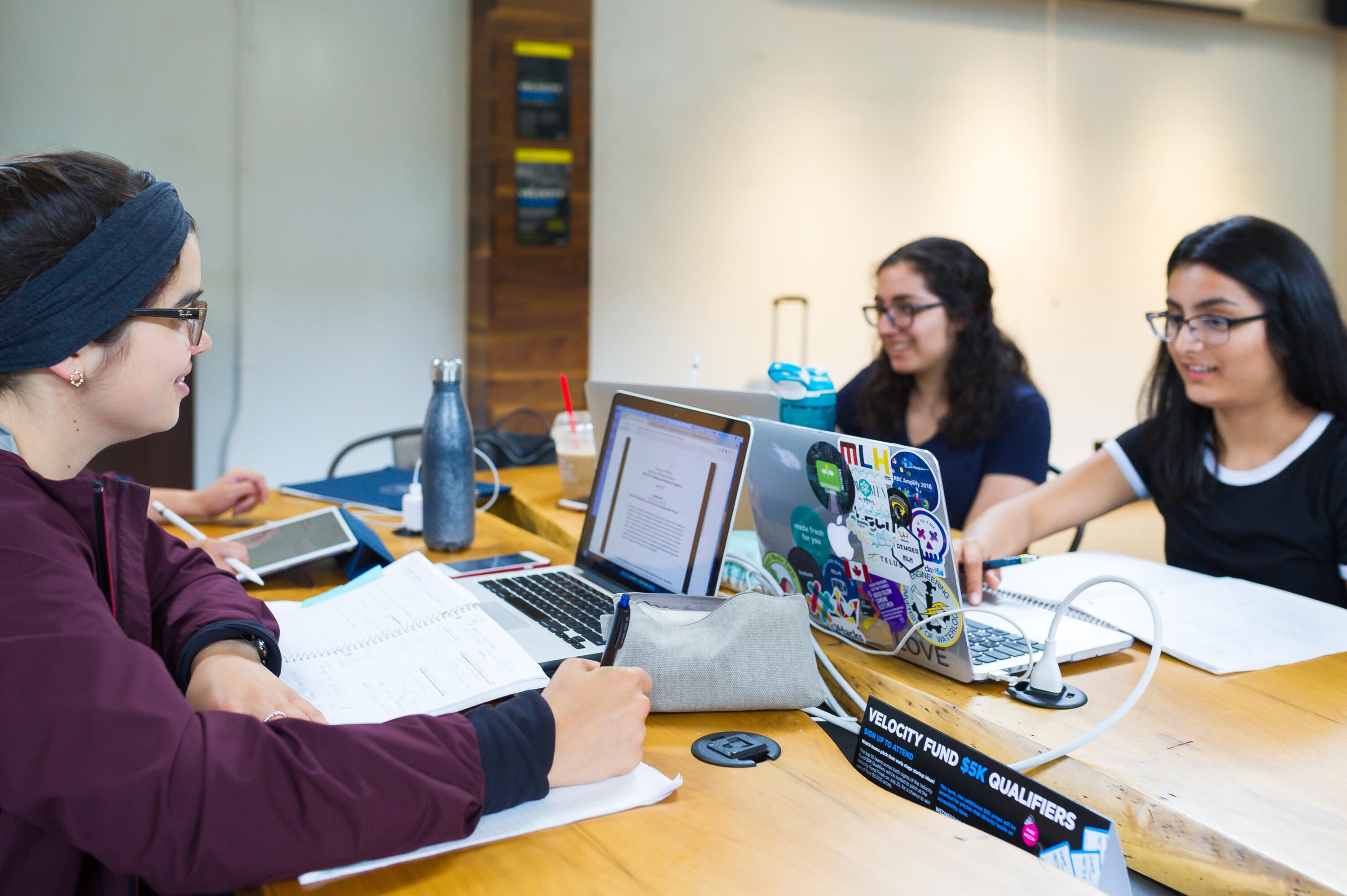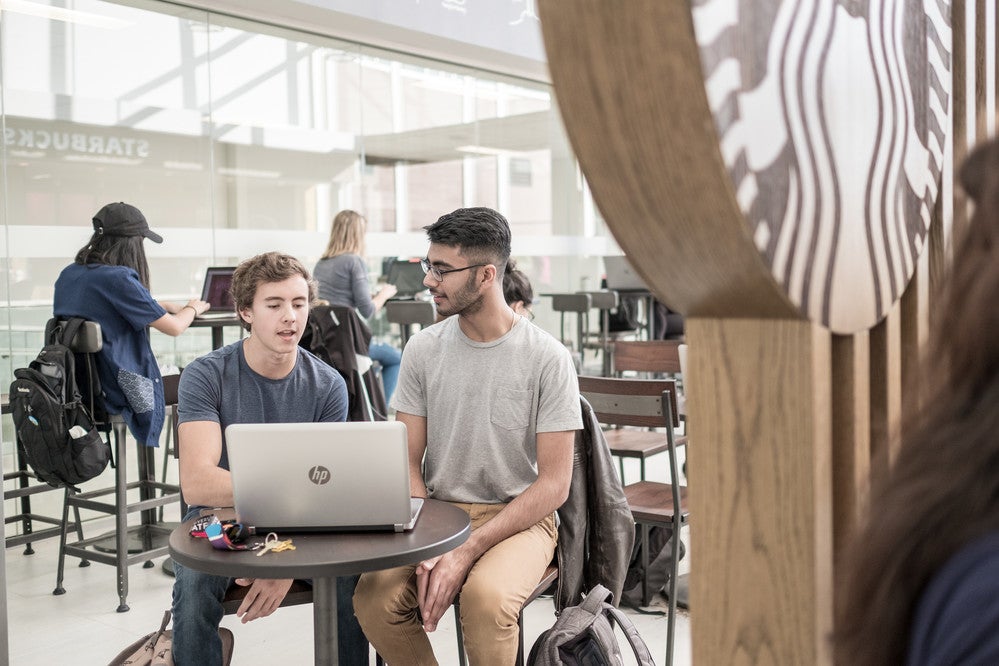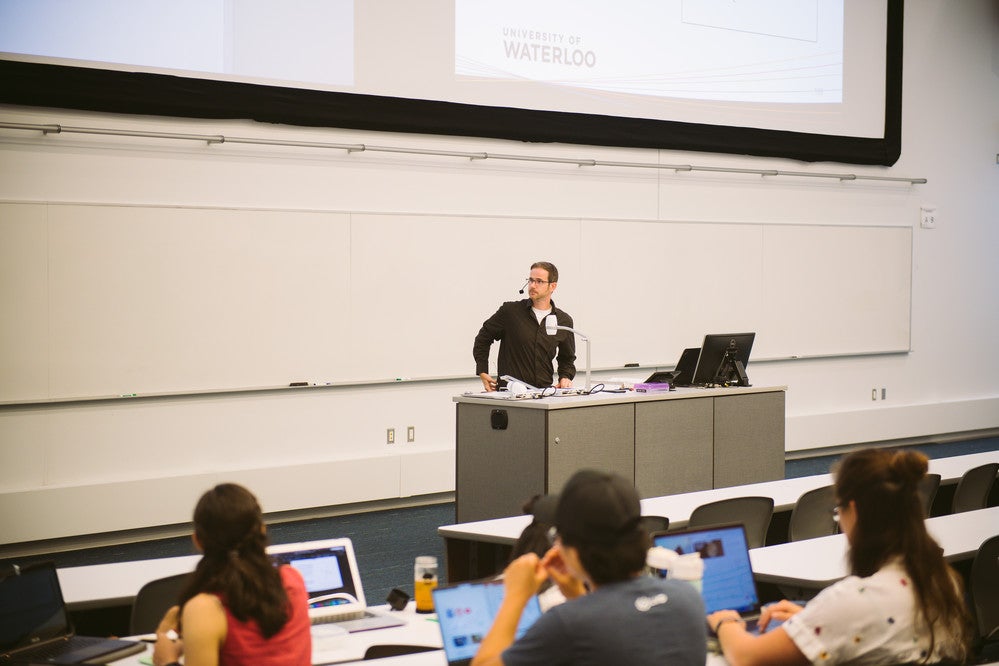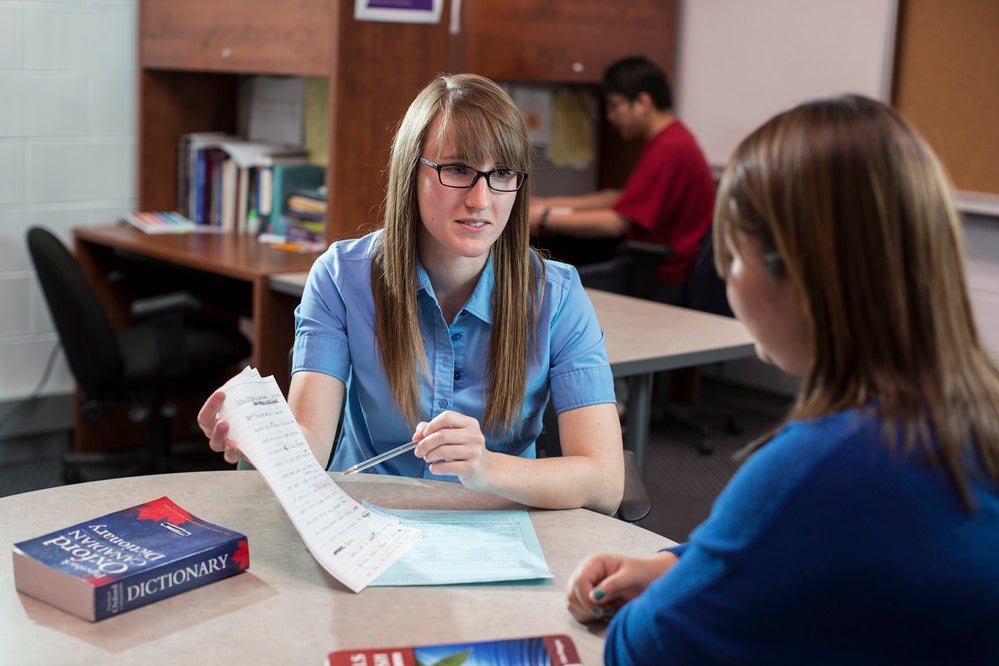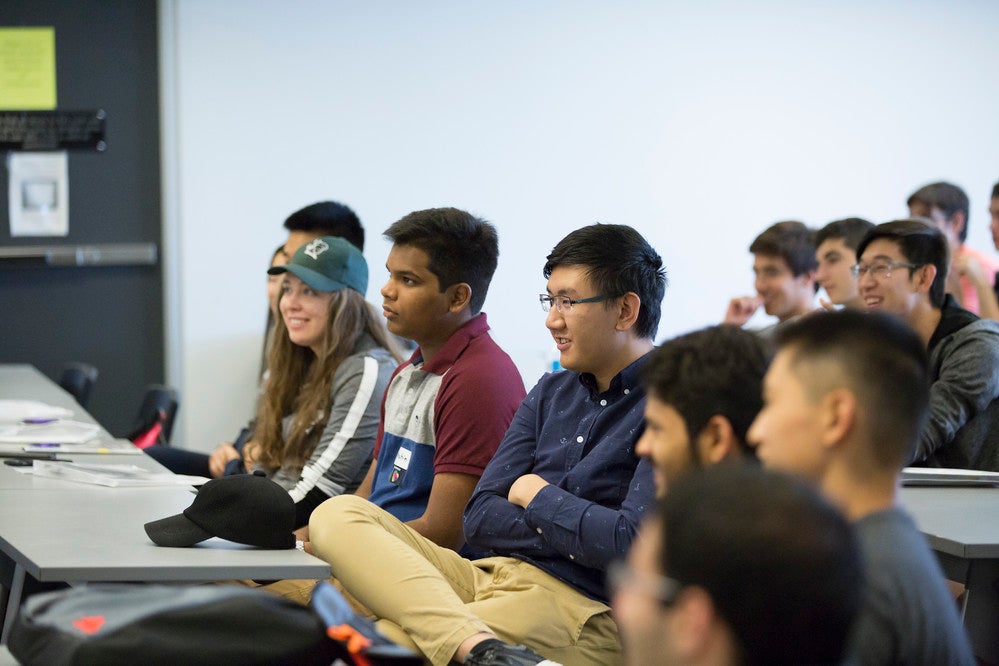We asked students and learning specialists to share their best tips, tricks and tools for university students. Browse through the articles for new strategies and perspective. Use the filters to find content that works for you.
Your ability to work effectively with others is a skill you’ll bring into your professional life.
Conflict in groups can arise for different reasons. How you work through them will contribute to the success of your project.
Sometimes your university classes might feel like a maze of information. Consider critical thinking skills like a map that can lead the way.
Why do we need critical thinking?
Critical thinking is a type of thinking that requires continuous questioning, exploring answers, and making judgments. Critical thinking can help you:
Study questions are a great way to help you prepare for an exam or test. They help you review the course material and practice applying it to questions — just like you’ll do during the test.
The key to doing this effectively is to create study questions that force you to use the same skills you’ll use during the exam.
Let’s start by admitting that reading the feedback on an assignment — especially one you don’t think was your best — can be uncomfortable.
Maybe you even avoid checking the comments because you find constructive feedback difficult to hear. That’s completely normal.
Do you feel unmotivated to attend in-person lectures?
Maybe you feel disengaged because you can review the slides on your own or watch the recorded lecture. Or maybe you’re not interested in engaging in class discussions or activities.
If you’re having these feelings, here’s a reminder of some benefits of attending and participating during in-person classes.
Have you ever submitted an essay or project that you were so sure would meet your professor’s expectations, only to get it back with lots of notes and a lower grade than you were hoping for?
We’ve all been there. Receiving and reviewing feedback from your teaching assistants (TAs) and instructors is a regular part of the university experience.
What is a teaching assistant (TA)?
TAs are upper-year or graduate level students that help your professors and instructors with grading, tutorials, exams and more.
Deciding between online and in-person classes? The world of university learning has evolved a lot, especially with the rise of online classes during the COVID-19 pandemic.
Both class types have their perks and challenges.
Many of us enter university looking forward to having more independence in choosing our classes, schedules and how we learn.
In high school, independent learning might have looked like personal initiative in managing your assignments. In university, this is only a fraction of the kind of independent learning you will have to do.
Pages
